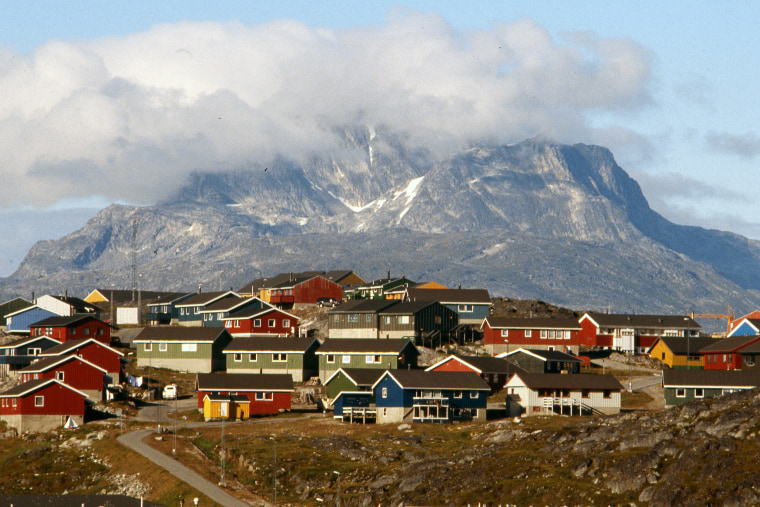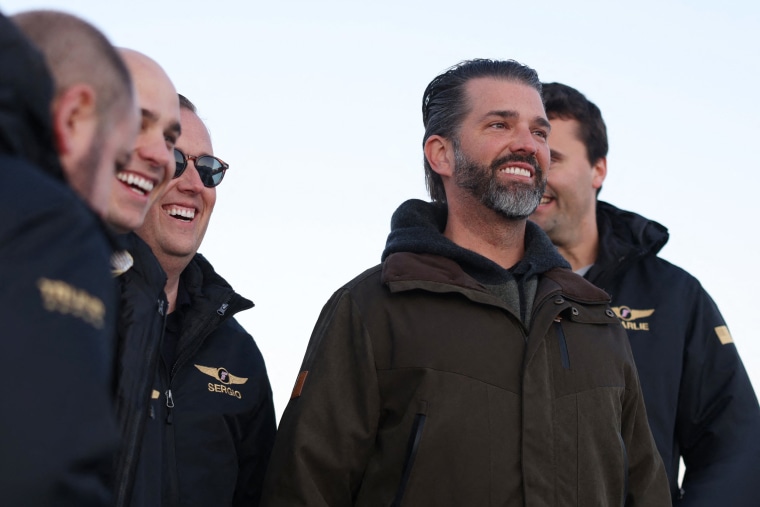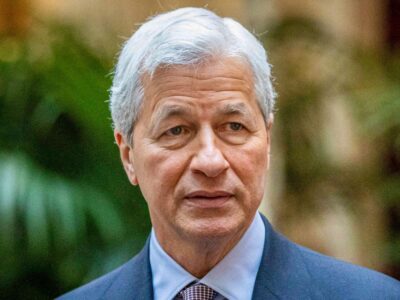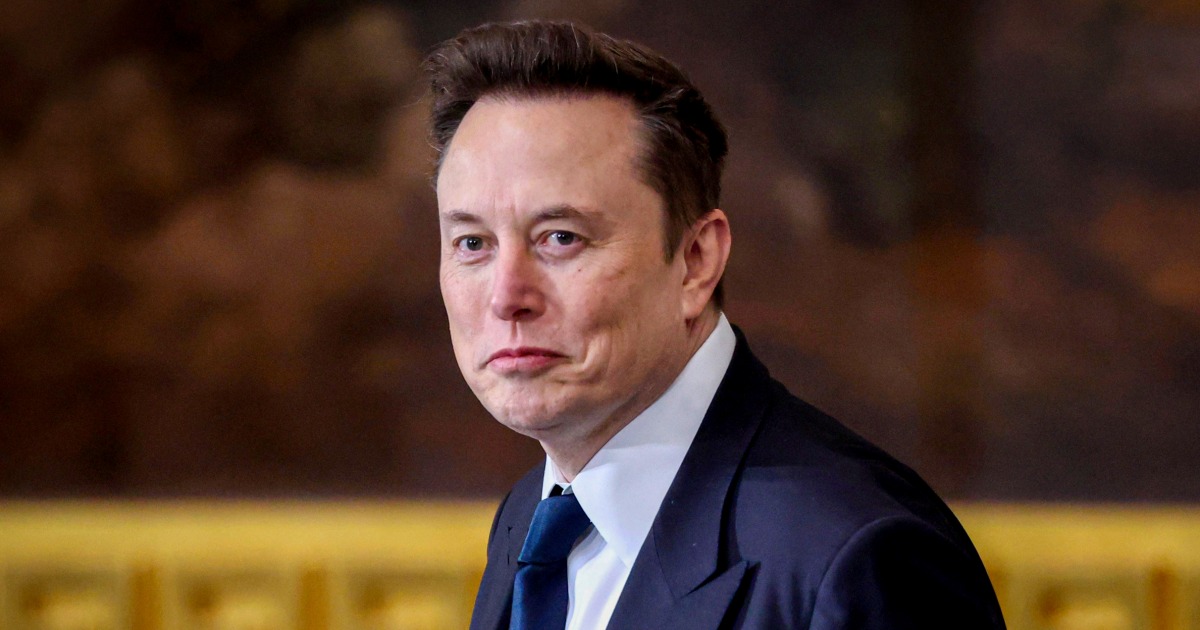
European leaders expressed their confusion and pushed back Wednesday against President-elect Donald Trump’s refusal to rule out using military force to take over Greenland.
German Chancellor Olaf Scholz told reporters in Berlin on Wednesday that the leaders of the nations of the European Union would not tolerate the violation of the Danish territory’s borders, the sovereignty of which is a principle of international law.
“In my discussions with our European partners, a certain lack of understanding has emerged with regard to recent statements from the USA,” Scholz said, adding that “the principle of inviolability of borders applies to every country, regardless of whether it is to the east or west of us.”
His comments came after Trump on Tuesday declined to rule out military action or economic coercion in trying to claim Greenland. His remarks came in a media conference as his son Donald Trump Jr. visited Greenland’s capital, Nuuk.
Trump also said in a post on his Truth Social platform this week that “Greenland is an incredible place, and the people will benefit tremendously if, and when, it becomes part of our Nation.”
Other senior European lawmakers took a similarly firm response to Scholz on Wednesday, even if they appeared to suggest that the threat of an American invasion of Danish territory was not credible.
France’s foreign minister Jean-Noël Barrot told France Inter Radio Wednesday that attacks on Greenland’s borders from other nations were “out of the question” and would not be tolerated.
But, Barrot added, “if you’re asking me whether I think the United States will invade Greenland, my answer is no.”
Speaking at a news conference Tuesday, German government spokesman Steffen Hebestreit also pointed to the principles of the U.N. Charter and the Organization for Security and Cooperation in Europe defense pact “that borders must not be moved by force.”
A mutual defense clause in the European Union treaty obliges all bloc members to render aid and assistance “by all means of their power” if any member is attacked.

The city of Nuuk, the capital of Greenland.Vittoriano Rastelli / Getty Images file
Experts say that Trump’s unvarnished approach to foreign diplomacy, whether serious or not, may cause lasting damage.
His comments will “enhance European distrust of the U.S.” and lead to “a push to gain greater strategic autonomy by European leaders,” Jon Rahbek-Clemmensen of Denmark’s Institute for Strategy and War Studies, told NBC News in an interview Tuesday.
That said, “the simple fact is that Europe depends on the U.S. for the foreseeable future and it will have to live with Trump either way,” he added.
In that vein, European Commission spokesperson Anitta Hipper said in a media conference Wednesday the commission was “looking forward to working towards a strong Transatlantic agenda with the next U.S. administration.”
For its part, Denmark has taken a two-pronged approach to Trump’s comments, reaffirming its political and economic commitment to Greenland on the one hand, and seeking to downplay any rift with the incoming Trump administration on the other.
Lars Lokke Rasmussen, the country’s foreign minister, said Wednesday that Trump’s Arctic security concerns — one reason he cited for wanting to absorb Greenland — were legitimate in light of increased Chinese and Russian activity in the region, and dismissed the idea that the issue had become a foreign policy crisis.

Donald Trump Jr. after arriving in Nuuk, Greenland on Tuesday.Emil Stach / AFP – Getty Images
Trump has been eyeing Greenland since his first term in office and last month told reporters that U.S. control of the vast Arctic island was a necessity for America’s economic security, in part due to its strategic position and natural resource wealth.
On Tuesday, he vowed to “tariff Denmark at a very high level” unless it gave up control of the territory.
While Greenland’s Prime Minister Múte Egede has long pushed for the territory’s independence from Copenhagen — and Lokke Rasmussen on Wednesday left the door open for that possibility — he has in the past rejected Trump’s suggestion of taking over the country he governs.
Muriel Domenach, France’s former ambassador to NATO, said in a post on X that Denmark would in theory be justified in consulting with its NATO allies — both Denmark and the U.S. are members of the defense bloc — about a response to Trump’s threats.
Still, Denmark “wants to avoid a public confrontation with Trump, which could hurt U.S.-Danish relations in the longer term,” said Rahbek-Clemmensen.
“The Danes are hoping that this will blow over with time,” he added.















